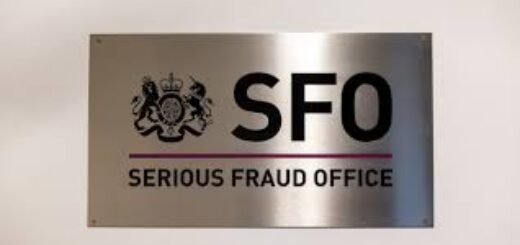The Magnificent Seven: Important Ways to Mitigate Your Third-Party Sanctions Risks (Part IV of IV)
It may seem like a Herculean task — but it can be done. I regularly opine that mitigating sanctions risks for your third-party population is an easier task than doing so for your anti-corruption risks. One big reason — geography is an important limiter on sanctions risks. The ability to evade sanctions has to be financially practicable — for example, it makes no sense to...
















